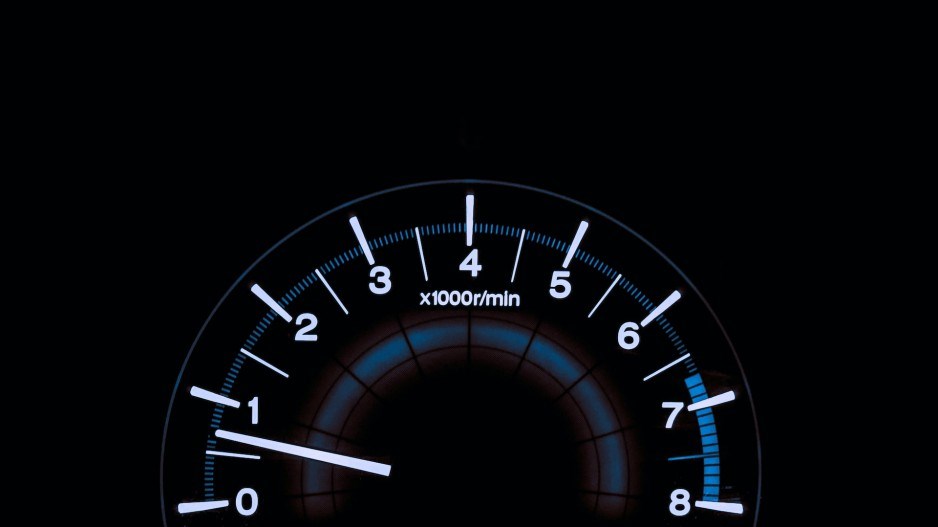More than two decades ago, then-National Hockey League (NHL) player Teemu Selanne experienced “progressive punishment” in his native Finland.
Selanne was caught driving his vehicle at 73 kilometres per hour in a zone where the posted speed limit was 55 kilometres per hour.
In most countries, speeding fines are the same regardless of who commits the offence. In Finland, speeding tickets are issued only after the consideration of two factors: The disposable income of the offending driver and how much speed the offending driver went over the posted limit.
At the time of the offence, Selanne was under contract with the San Jose Sharks, with an annual salary of US$8 million. His ticket came in at a seemingly shocking US$39,000. Although he had the option of serving a few days in jail, Selanne chose to pay the fine.
Over the past few years, Research Co. and Glacier Media have studied the perceptions of Canadians on and the , but we had never gauged “progressive punishment.”
When we asked Canadians about their city or town implementing a system similar to the one used in Finland, almost two-thirds (65 per cent) are supportive. One in four (24 per cent) are opposed and 11 per cent are undecided.
Canadians aged 18 to 34 are slightly more likely to endorse creating fines for drivers that take into account their income and their speed (68 per cent) than their counterparts aged 35 to 54 (62 per cent) and aged 55 and over (63 per cent). On a regional basis, this “progressive punishment” is more popular in British Columbia and Quebec (each at 69 per cent), followed by Ontario (63 per cent), Saskatchewan and Manitoba (62 per cent), Atlantic Canada (60 per cent) and Alberta (59 per cent).
The views of Canadians do not change drastically along political lines, certainly not at the level we have seen recently on other issues such as or . More than three in five Canadians who voted for the Conservative Party in 2021 (62 per cent) like the concept of “progressive punishment,” along with 64 per cent of New Democratic Party (NDP) supporters and 69 per cent of Liberal Party backers.
There is one layer of analysis where the numbers shift. More than seven in 10 Canadians in the middle income bracket (71 per cent) support having a “progressive punishment” system for speeding tickets, along with 65 per cent of those in households earning less than $50,000 a year.
In the highest income bracket – Canadians with an annual household income of more than $100,000 – support falls to 58 per cent and opposition reaches 34 per cent. Those who feel they have the most to lose if a patroller runs their name on a database that accurately displays their purchasing power are more likely to hate the proposed system.
We also wanted to see if a similar system would be appreciated for parking tickets issued by municipalities. In this case, the “progressive punishment” would assess the disposable income of the driver and how many days the fine has gone unpaid.
Just under three in five Canadians (58 per cent) would welcome this approach for unpaid parking tickets issues by municipalities, while 31 per cent are not in favour and 11 per cent are not sure.
This time, there are practically no fluctuations across age groups. The surprise appears in Alberta, which goes from being the most opposed to “progressive punishment” on speeding tickets, to the leader on its implementation for unpaid parking tickets issued by municipalities (61 per cent). Quebec is a close second (60 per cent), followed by
Ontario (59 per cent), Saskatchewan and Manitoba (58 per cent), British Columbia (56 per cent) and Atlantic Canada (52 per cent).
Finland has observed “progressive punishment” for more than two decades, resulting in some global coverage when a famous person has to pay what is interpreted to be an exorbitant fine. Supporters of the system usually point at how it does not dramatically alter the livelihoods of delivery drivers who get caught. Opponents, and those who have had to pay severe fines, usually voice their dissent on social media. Still, Finnish politicians have outlined no desire to change the legislation into what other countries currently have.
Canadians are not opposed to the concept of “progressive punishment” for speeding drivers, even if there is a noticeable spike in opposition from the group that would be affected the most: The highest earners.
In fact, most Canadians would be happy with a similar approach to deal with the thousands of unpaid parking tickets that some motorists simply throw away from their windshield.
Mario Canseco is president of Research Co.
Results are based on an online study conducted from March 18-20, 2023, among 1,000 Canadian adults. The data has been statistically weighted according to Canadian census figures for age, gender and region. The margin of error, which measures sample variability, is plus or minus 3.1 percentage points, 19 times out of 20.



